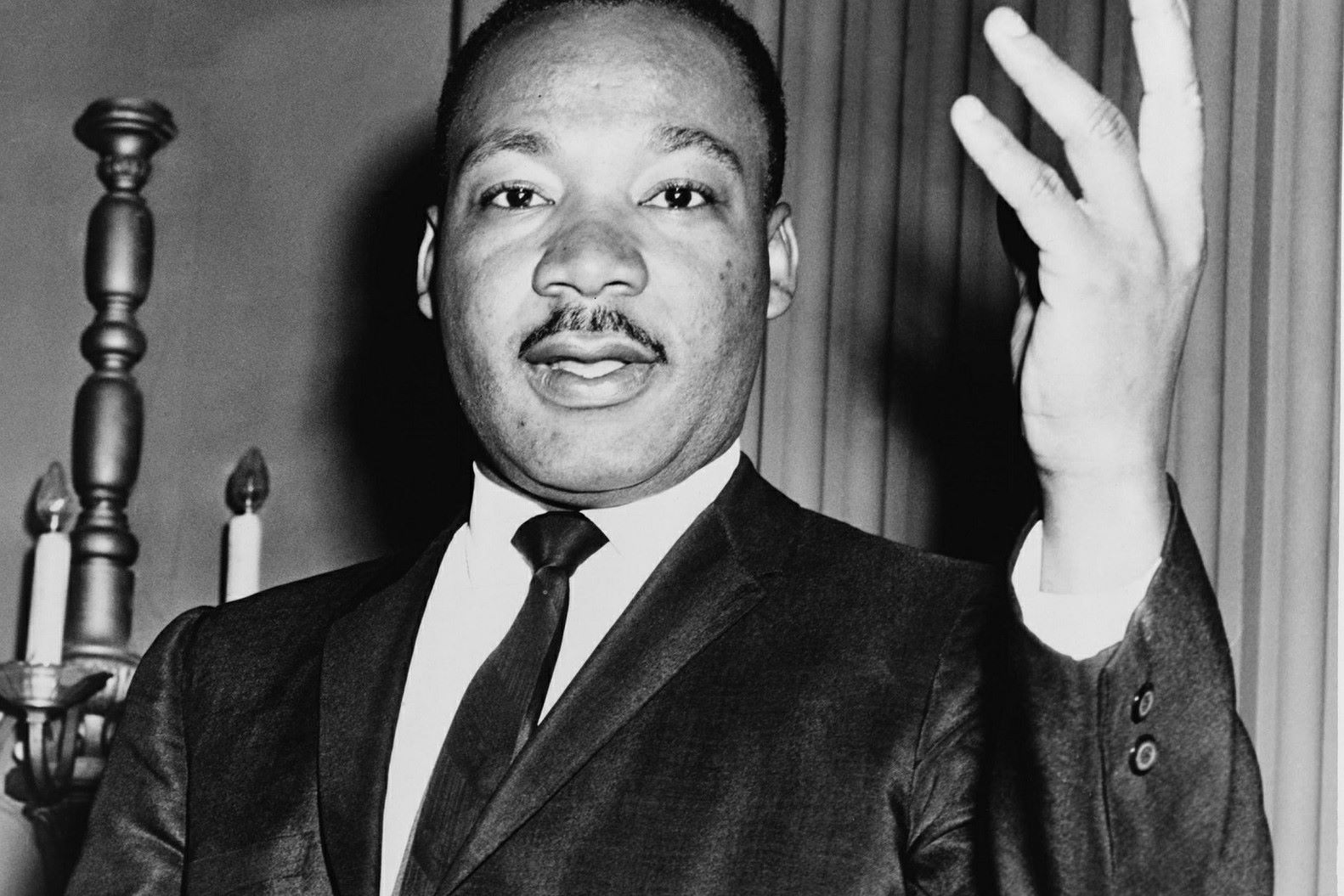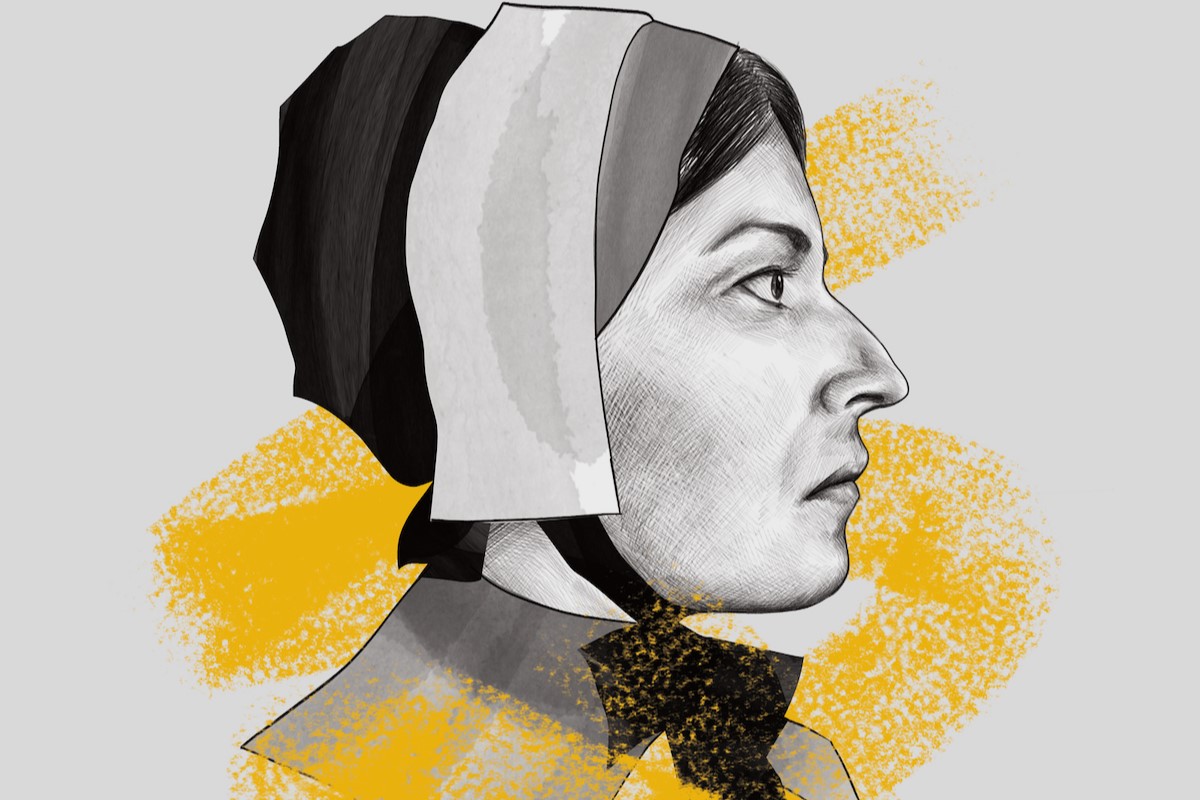
Who were the key figures in the Civil Rights Movement? The Civil Rights Movement was a pivotal era in American history, marked by the tireless efforts of numerous leaders who fought for equality and justice. Martin Luther King Jr. is perhaps the most well-known, famous for his "I Have a Dream" speech and nonviolent protests. Rosa Parks ignited the Montgomery Bus Boycott by refusing to give up her seat. Malcolm X advocated for Black empowerment and self-defense. Thurgood Marshall became the first African American Supreme Court Justice after winning landmark cases like Brown v. Board of Education. These leaders, among others, played crucial roles in shaping a more just society.
Key Takeaways:
- Civil rights leaders like Martin Luther King Jr., Rosa Parks, and Malcolm X made significant contributions to the fight for equality, inspiring future generations to continue the struggle for justice.
- Despite facing challenges and adversities, the legacies of civil rights leaders continue to influence modern social justice movements, reminding us to stand up for what is right and make good trouble.
The Impact of Civil Rights Leaders
Civil rights leaders have shaped history, fought for equality, and inspired millions. Their stories are filled with courage, resilience, and determination. Here are some fascinating facts about these influential figures.
-
Martin Luther King Jr. delivered his iconic "I Have a Dream" speech during the 1963 March on Washington, which attracted over 250,000 people.
-
Rosa Parks' refusal to give up her bus seat in 1955 sparked the Montgomery Bus Boycott, a pivotal event in the Civil Rights Movement.
-
Malcolm X, originally named Malcolm Little, adopted "X" to signify his lost African ancestral surname.
-
Thurgood Marshall became the first African American Supreme Court Justice in 1967, after successfully arguing the Brown v. Board of Education case.
-
John Lewis, a key figure in the Civil Rights Movement, was one of the original Freedom Riders challenging segregation in the South.
Early Life and Influences
Understanding the early lives of civil rights leaders provides insight into what shaped their activism and commitment to justice.
-
Martin Luther King Jr. was a gifted student, skipping both the ninth and twelfth grades before entering college at age 15.
-
Rosa Parks was influenced by her grandfather, who instilled in her a sense of pride and resistance against racial injustice.
-
Malcolm X's father was a preacher and an outspoken supporter of Marcus Garvey, which influenced Malcolm's early views on black nationalism.
-
Thurgood Marshall's father took him to courtrooms to watch legal proceedings, sparking his interest in law and justice.
-
John Lewis grew up on a farm in Alabama, where he was inspired by the sermons of Martin Luther King Jr. on the radio.
Major Contributions and Achievements
These leaders made significant contributions that left lasting impacts on society and the fight for civil rights.
-
Martin Luther King Jr. won the Nobel Peace Prize in 1964 for his nonviolent resistance to racial prejudice.
-
Rosa Parks co-founded the Rosa and Raymond Parks Institute for Self Development to educate young people about civil rights.
-
Malcolm X's autobiography, co-written with Alex Haley, has inspired countless individuals to fight for justice and equality.
-
Thurgood Marshall argued 32 cases before the Supreme Court, winning 29 of them, including the landmark Brown v. Board of Education.
-
John Lewis was awarded the Presidential Medal of Freedom in 2011 for his lifelong dedication to civil rights.
Challenges and Adversities
Civil rights leaders faced numerous challenges and adversities, yet their perseverance remained unwavering.
-
Martin Luther King Jr. was arrested 29 times for his participation in civil rights activities.
-
Rosa Parks lost her job and received death threats after her act of defiance on the Montgomery bus.
-
Malcolm X was frequently targeted by the FBI and faced numerous threats to his life, ultimately being assassinated in 1965.
-
Thurgood Marshall faced significant opposition and threats from segregationists throughout his career.
-
John Lewis was brutally beaten by state troopers during the Selma to Montgomery march, an event that became known as "Bloody Sunday."
Legacy and Influence
The legacies of these leaders continue to inspire new generations to fight for justice and equality.
-
Martin Luther King Jr.'s birthday is now a national holiday in the United States, celebrated every third Monday in January.
-
Rosa Parks is honored with a statue in the U.S. Capitol's National Statuary Hall.
-
Malcolm X's ideas on black pride and self-determination continue to influence modern social justice movements.
-
Thurgood Marshall's legal victories paved the way for future civil rights advancements and inspired many to pursue careers in law.
-
John Lewis' memoir, "Walking with the Wind," provides a powerful account of his experiences and the Civil Rights Movement.
Personal Life and Interests
Beyond their activism, civil rights leaders had personal lives and interests that shaped their identities.
-
Martin Luther King Jr. was an avid reader, with a personal library of over 1,000 books.
-
Rosa Parks enjoyed sewing and made many of her own clothes.
-
Malcolm X was a talented orator, often practicing his speeches in front of a mirror to perfect his delivery.
-
Thurgood Marshall loved jazz music and often attended live performances.
-
John Lewis had a passion for painting and often used art as a form of expression.
Continuing the Fight for Equality
The fight for civil rights did not end with these leaders; their work continues to inspire ongoing efforts for justice.
-
Martin Luther King III, the son of Martin Luther King Jr., continues his father's legacy through activism and public speaking.
-
Rosa Parks' legacy lives on through the annual Rosa Parks Day, celebrated in several states on December 1st.
-
Malcolm X's daughters have carried on his work, advocating for social justice and equality.
-
Thurgood Marshall's grandson, Thurgood Marshall Jr., has served in various government positions, continuing the family's commitment to public service.
-
John Lewis' final message, published posthumously, called on future generations to "make good trouble" in the fight for justice.
The Legacy of Civil Rights Leaders
Civil rights leaders have left an indelible mark on history. Their courage, determination, and vision have shaped a more just society. Figures like Martin Luther King Jr., Rosa Parks, and Malcolm X fought tirelessly against racial injustice, inspiring generations to continue the struggle for equality. Their stories remind us that change is possible through collective action and unwavering resolve.
Understanding their contributions helps us appreciate the progress made and the work still needed. These leaders' legacies serve as a beacon, guiding us toward a future where everyone enjoys equal rights and opportunities. By learning about their lives and achievements, we honor their sacrifices and keep their dreams alive.
Remember, the fight for civil rights isn't over. Each of us can contribute to a more equitable world by standing up against injustice and advocating for those whose voices are often unheard.
Frequently Asked Questions
Was this page helpful?
Our commitment to delivering trustworthy and engaging content is at the heart of what we do. Each fact on our site is contributed by real users like you, bringing a wealth of diverse insights and information. To ensure the highest standards of accuracy and reliability, our dedicated editors meticulously review each submission. This process guarantees that the facts we share are not only fascinating but also credible. Trust in our commitment to quality and authenticity as you explore and learn with us.


